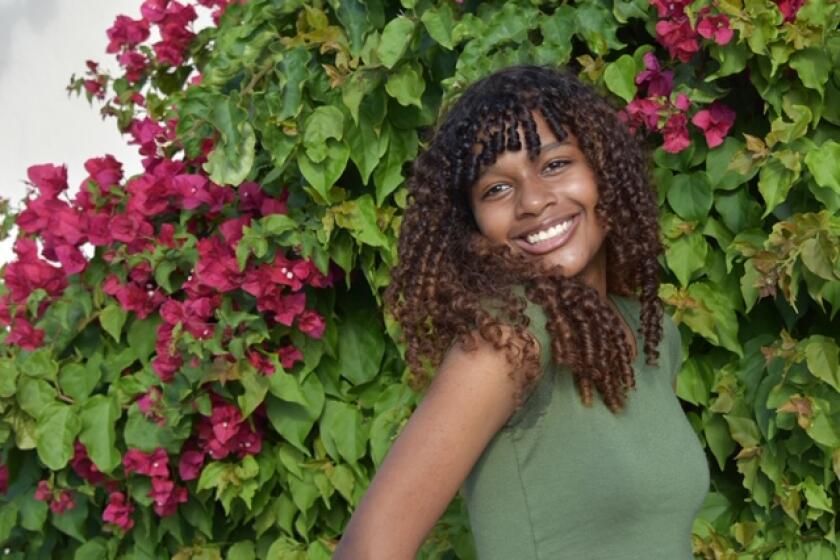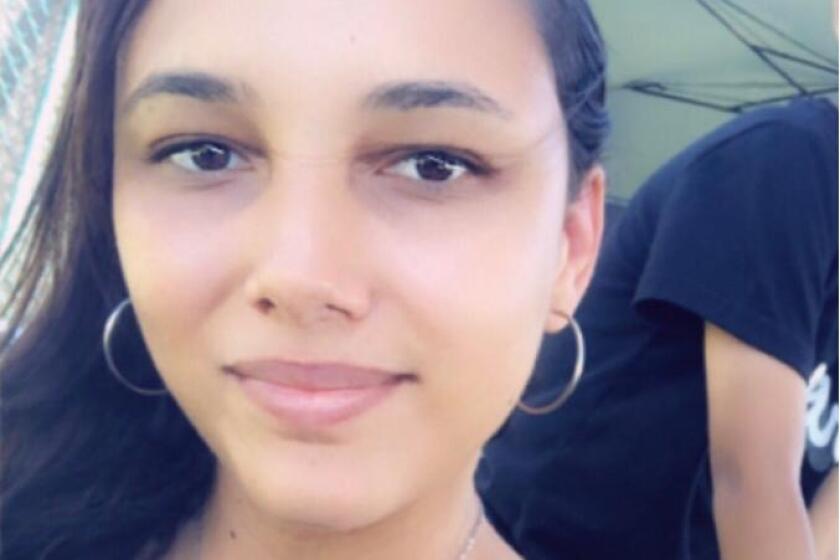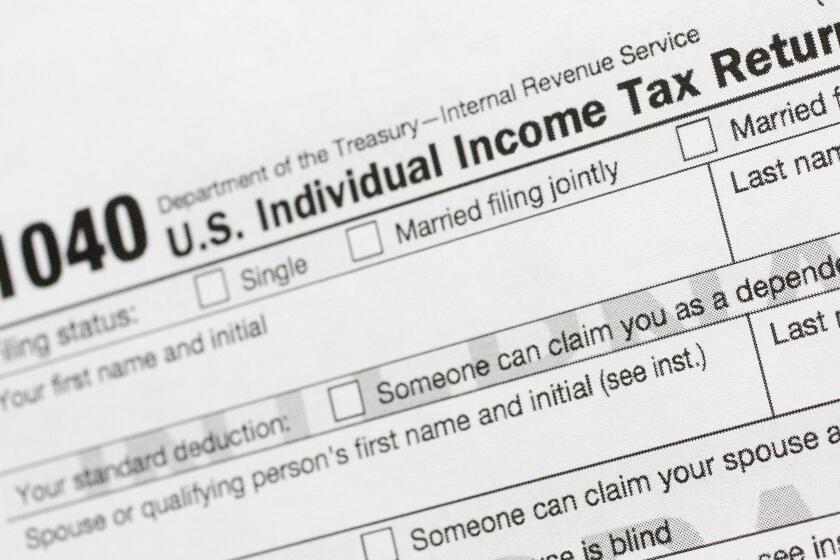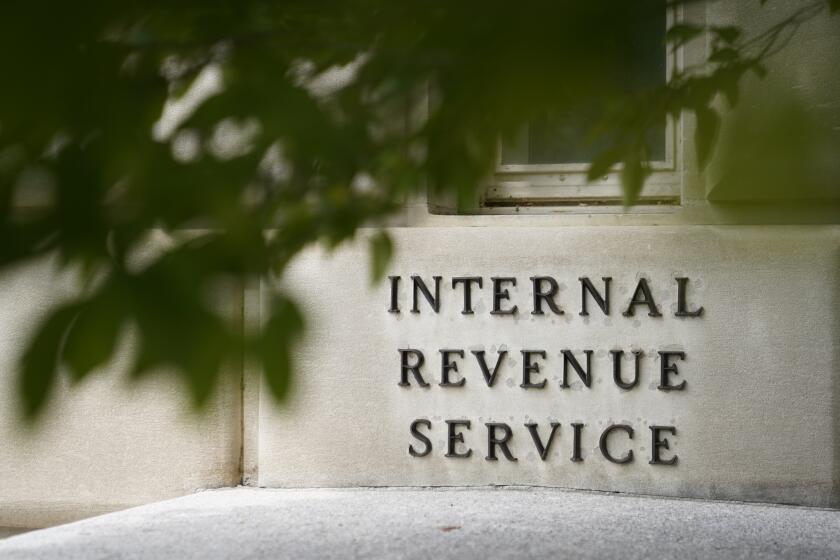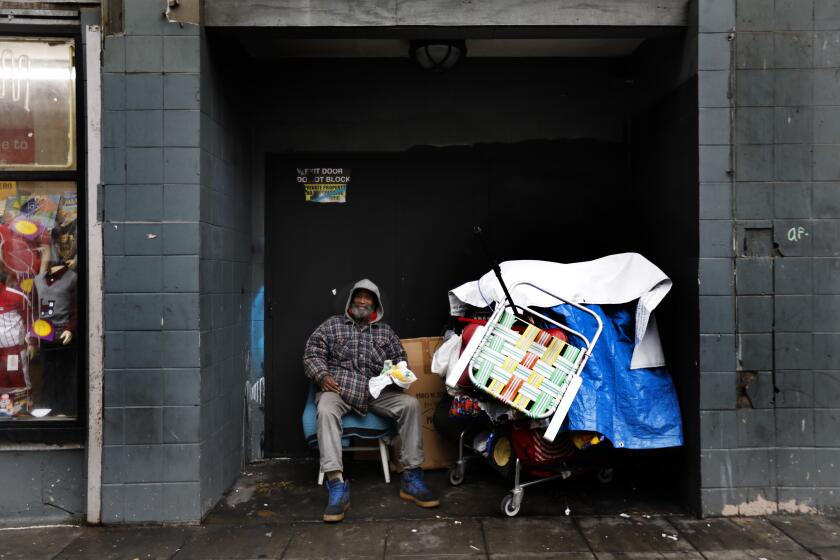Commentary: I’m a 33-year-old Afro-Latina. I appreciate who I am and who I come from.
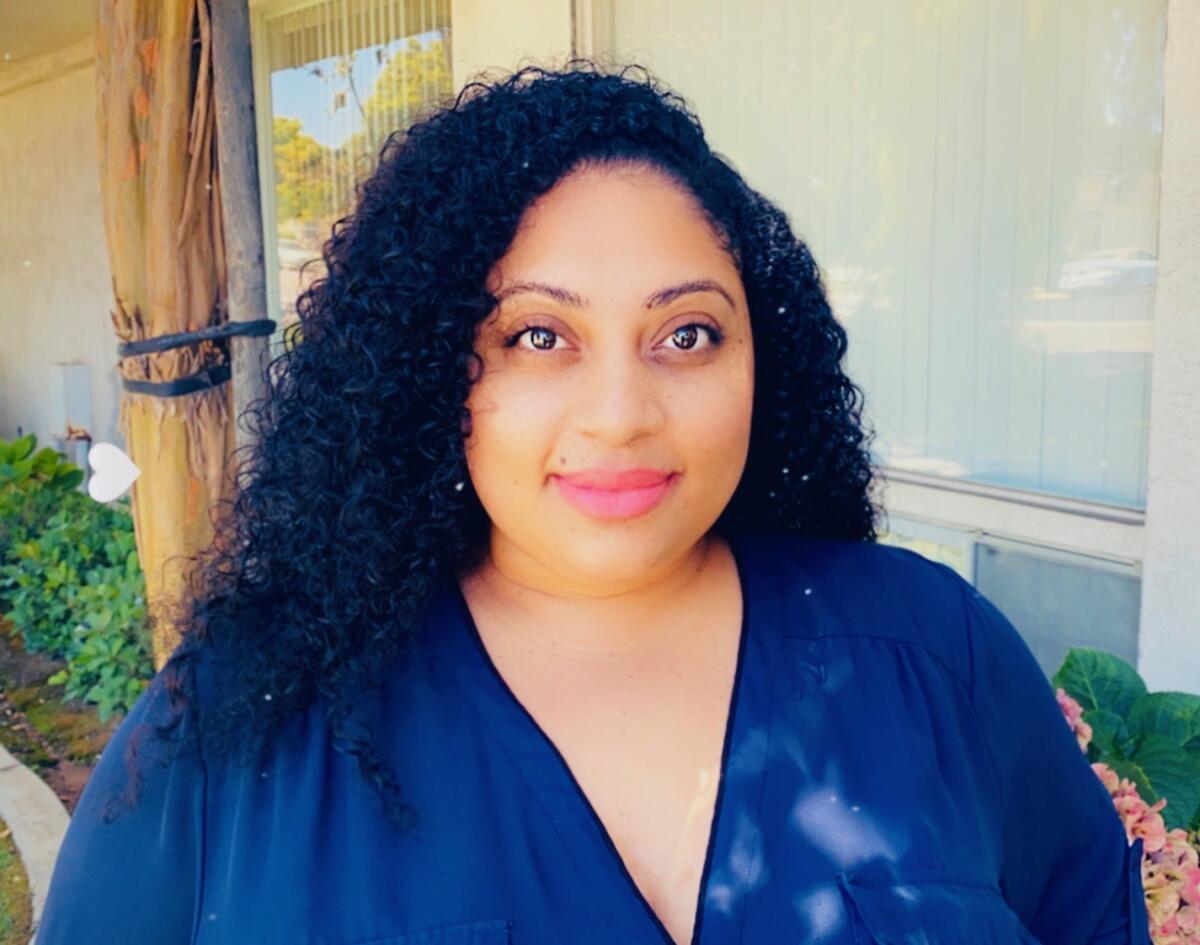
I have still experienced my share of prejudice and racism.
I am a 33-year-old Afro-Latina. Born and partially raised in El Paso, Texas, I moved to San Diego when I was 13 in 1999 and have been here ever since. My father’s family comes from Murfreesboro, Tennessee, and my mother’s family is from Guadalajara, Mexico.
To my understanding, the term Afro-Latin is usually describing a Latin American with significant amounts of melanin or a Latino who has an obvious African ancestral background. Afro-Latina is not a term I usually use to describe my ethnicity or culture, only because it is somewhat new to me.
But this year, I have educated myself on this term and definitely embrace it. I’m sure there will be some who fall into this category that will say I am unworthy of this label due to my caramel-colored skin and my tight but not coarse curls, and to them I unapologetically show my caramel-colored middle fingers!
They have no clue of my day-to-day struggles. Whether it’s dealing with prejudice at my kids’ pediatric office in a predominantly White neighborhood — I chose this location because it was ranked top five in San Diego’s Best — or dealing with having obvious privilege over Black patrons in a taco shop in Southeast San Diego due to my Spanish-speaking abilities. It is not just strangers who dispense this type of prejudice but members of my own family and close friends. People closest to me repeatedly say things like, “You don’t even look that black” or “You’re not Black enough to get box braids.”
If ever or whenever I decide to argue and defend my honor, it usually becomes extremely heated (one-sided of course) due to my deep-rooted passion on the subject, and then I am labeled the “angry Black girl.” More times than not, I bite my tongue.
To be honest, growing up in San Diego — a melting pot of cultures — I have still experienced my share of prejudice and racism. Not as much as I did when I lived in Texas, but enough.
Please do not get me wrong. I love this city and all of its diversity so much. Just the other day at work, in Chula Vista, a mostly Latino city, a UPS driver walked up the steps to deliver a package and greeted me, saying, “Buenas tardes. Tu nombre?”
“Pia,” I shouted with excitement.
That is the first time in a while that anyone has led with Spanish when meeting me. It is so rare. Maybe it was the mandatory surgical mask covering some of my stereotypical Black features besides my hair (full lips, wide nose). Nonetheless, I was grinning ear to ear, it felt so good to be recognized or thought of as Mexican enough to know Spanish.
Mexican enough. Black enough. Two statements that unfortunately exist in my world.
I personally have never struggled with knowing who or what I identify as. I am what I am, Black and Mexican. Yeah, sure, there are many different ethnicities that are intertwined in my genetic makeup, but I feel like a 50/50 split. My dad’s cultural background is Black and my mom’s is Mexican. I have grown up with family reunions (a yearly custom) and Sunday morning church followed by Sunday dinners. I had a quinceñera, preceded by all the necessary Catholic sacraments, of course. Carne asada on Saturdays, menudo on Sundays. I have enjoyed the best of both worlds — traditions that I have now passed down to my children.
I have two beautiful daughters, 16 and 11 years old. They are one-quarter Black, one-quarter Mexican and one-half Guamanian (Chamorro, to be culturally correct). Their skin is a lighter shade of brown, their hair a loose curl. Their last name is Mesa, which automatically throws them into the Hispanic category.
During these times especially, it may be hard to find where you belong. We do not all check the same boxes. Personally, I yearn to be on the front lines of the movement, leading marches and screaming for equal rights through a megaphone, but a small piece of me fears being rejected for my lighter shade of brown skin. I should not be thrown into categories that do not apply to me, or thrown out of a label that I identify with. I am appreciative of who I am and who I come from.
I’ll say it loud, I’m a Blaxican and I’m proud!
Ridley is an office manager who lives in Spring Valley.
Read other Afro-Latina perspectives:
Something that this movement showed me is that I should never be afraid to show my true self.
I no longer care what people say about my race and culture.
Get Weekend Opinion on Sundays and Reader Opinion on Mondays
Editorials, commentary and more delivered Sunday morning, and Reader Reaction on Mondays.
You may occasionally receive promotional content from the San Diego Union-Tribune.
